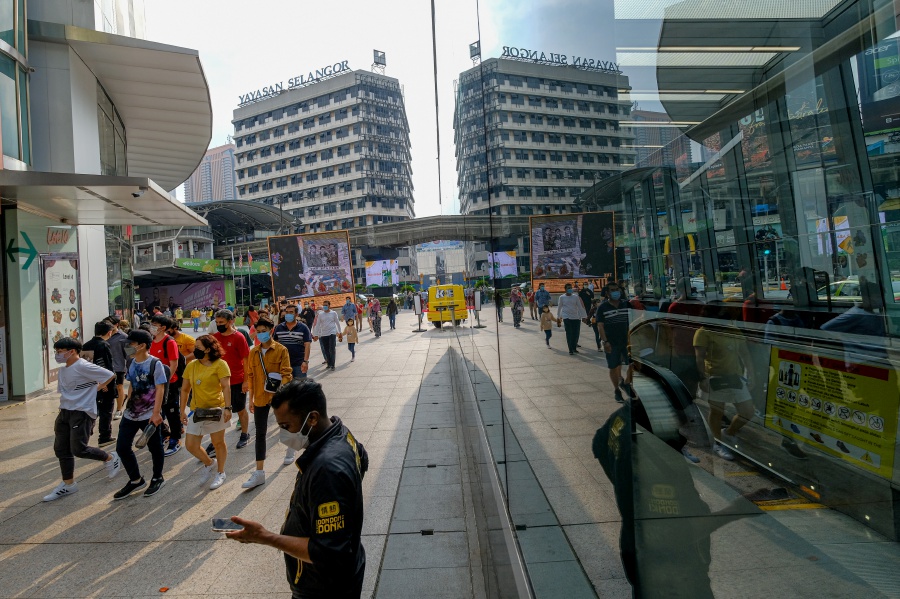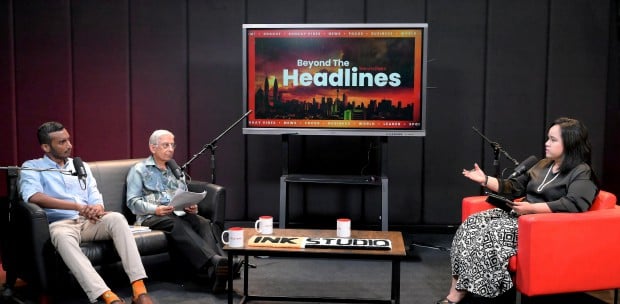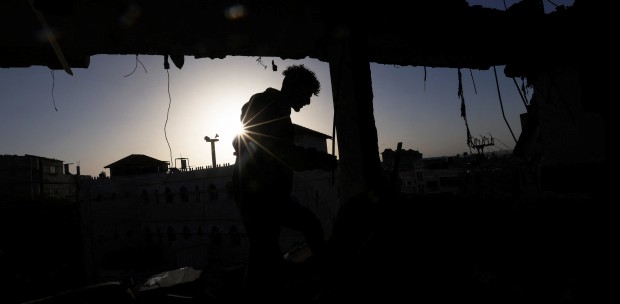IN the closing weeks of 2021 we saw a surge in grave human rights violations globally.
These include the arrests of activists in Kashmir like Khurram Parvez under a new law that allows India to prosecute individuals on terrorism charges without evidence or due process, and Russia's forced closure of the country's oldest and most important human rights organisations.
Myanmar's military government began the final week of the year by brutally massacring over 30 civilians, including women and children, and then burning their bodies on Christmas eve.
It marked a dark end to a very troubling year for human rights around the world.
The ongoing persecution of the Uighur Muslims in China, the Rohingya in Myanmar, and an endless flow of refugees from multiple global conflicts have filled 2021 with tragedy and suffering for millions.
Here in Malaysia, we are not without issues either. Of particular concern, we have witnessed a rise in the number of deaths in police custody, serious reports of abuse and exploitation in the labour force, the continued struggles of refugees in the country, and the tribulations of the stateless.
However, progress is being made. Malaysia took a seat on the United Nations Human Rights Council in 2021, a step which sent a very positive signal to the global community that our approach to human rights issues must no longer be Western-centric, and that strategies for improvement must be considered from all quarters.
Malaysia recently affirmed the right of mothers to confer citizenship on children born abroad, which constitutes a major advancement against the disenfranchisement of stateless children in our society.
Most of the difficulties Malaysians suffered over the past year have been mitigated, not imposed, by the state. All citizens have endured the consequences of the Covid-19 pandemic, particularly the poor, and unemployment and poverty have risen.
But under the leadership of the National Recovery Council headed by former prime minister Tan Sri Muhyiddin Yassin, the people have received unprecedented support and assistance.
The implementation of the Movement Control Order and Covid-19 standard operating procedures in public spaces unavoidably interfered with the fundamental freedom of assembly, and resulted in more police investigations into activists participating in protests and demonstrations that may have violated health protocols.
But these cannot be fairly characterised as oppressive curtailments of free speech, given the legitimate concerns for public safety during the pandemic.
The devastating floods of Dec 18, the worst disaster to hit our nation in perhaps a century, were easily the most painful event.
While the effectiveness of the government's response to the floods can be debated, no one can reasonably equate inefficiency with oppression.
Indeed, Malaysia began the year by declaring a state of emergency, but lifted it in August; there has been no attempt by the government to exploit crises in the country to assume broader repressive powers or persecute political opponents.
Some Malaysians may be unhappy with the performance of the current administration, but constitutional and democratic processes remain in place, and the rule of law has been unshaken even in the aftermath of the collapse of the Pakatan Harapan government, the brief premiership of Muhyiddin, and the revival of Umno's political power.
General elections are still on track for 2022 or 2023.
Our main human rights concerns for this year pertain to what more the government can do to help the people maximise the benefits of their rights, not what violations the government must prevent.
This is no small blessing, and those of us involved in human rights must acknowledge the tremendous progress our country has made in recent years.
Throughout the Asean region, we see a myriad of abuses — in Myanmar, the Philippines, Vietnam, Indonesia, Cambodia — none of which are even conceivable in today's Malaysia; and that is something to be proud of.
We have built a society that values and upholds high standards of decency, humaneness and civility; and one in which gross human rights violations cannot be tolerated.
This, again, does not mean that we have no room for improvement. This year, Centhra will continue to address vital issues for the marginalised, dispossessed and disadvantaged in our country.
But in this endeavour, we are grateful that both the government and people are our reliable and supportive partners in improving the human rights conditions in Malaysia.
The writer is founder of the Centre for Human Rights Research & Advocacy (Centhra)





